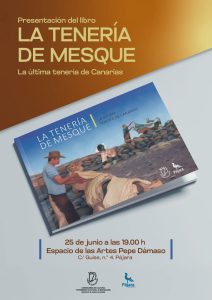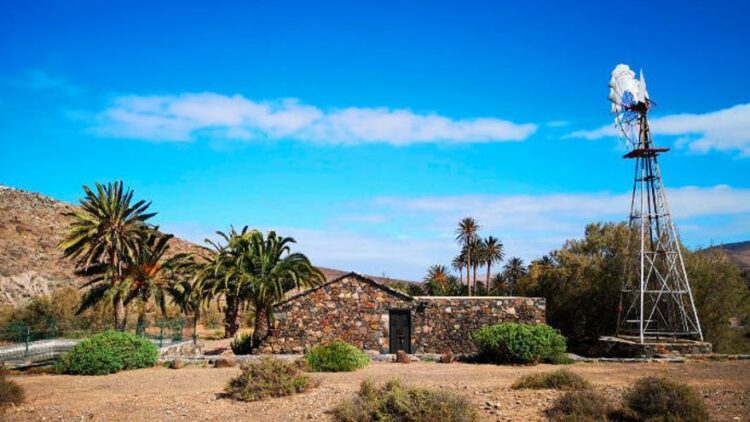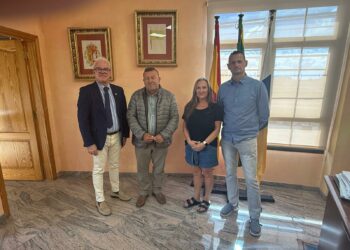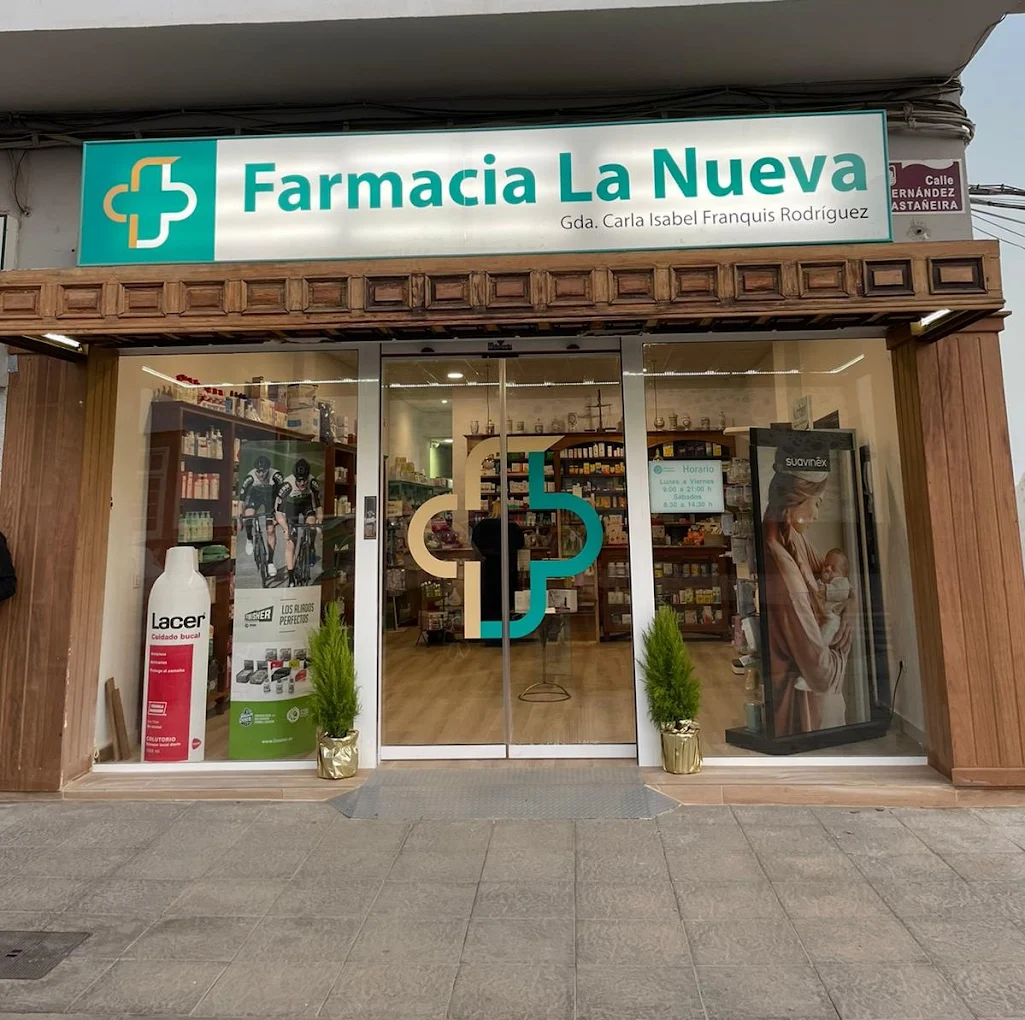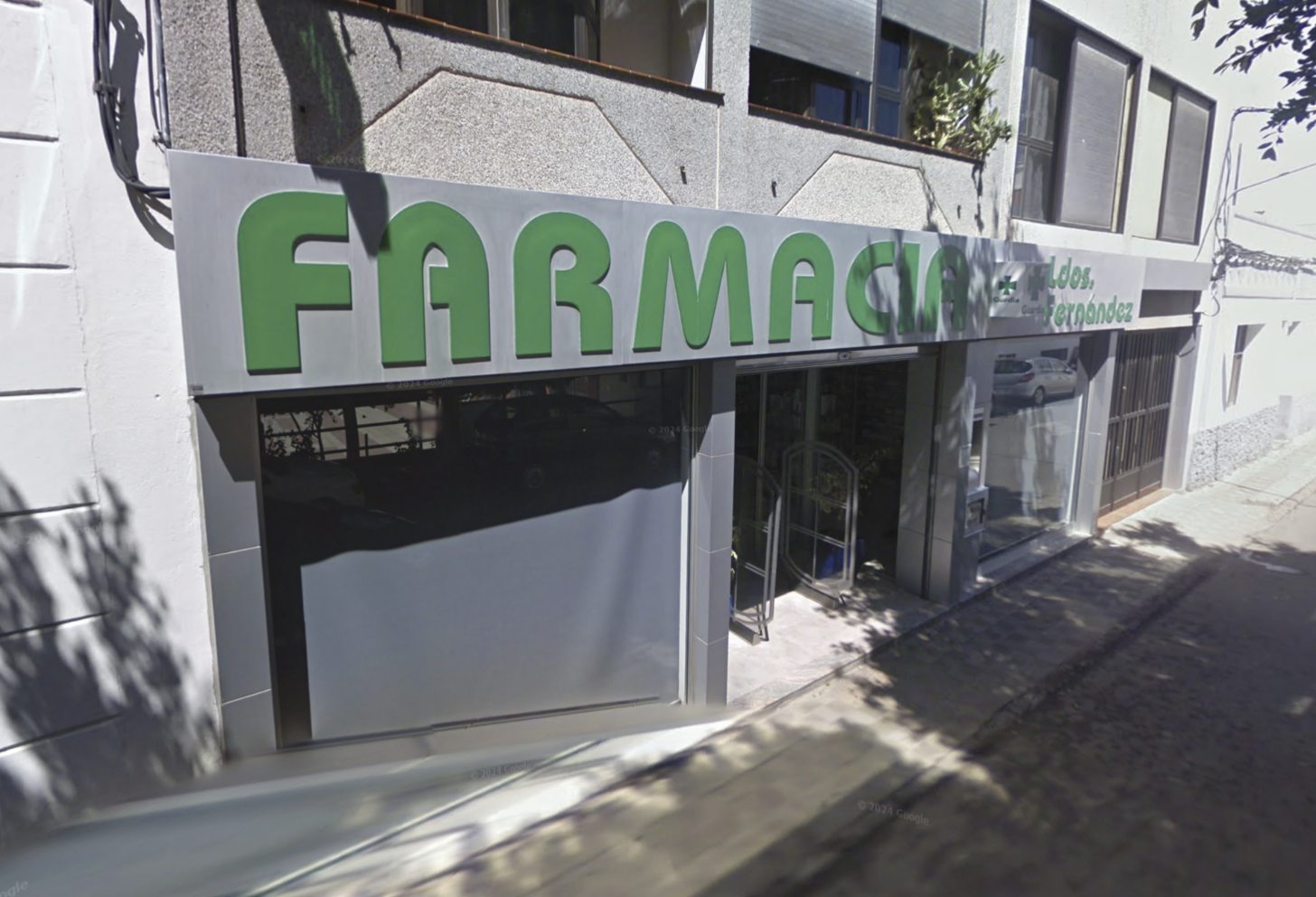The work of researcher Antonio Cabrera Robayna will be presented on Wednesday, June 25 at the Pepe Dámaso Arts Space.
The City Council of Pájara collaborates in the presentation of the book ‘La Tenería de Mesque. The last tannery of the Canary Islands’, a work of research and documentation by the craftsman and researcher Antonio Cabrera Robayna. The event, promoted by the Cabildo of Fuerteventura, will take place on Wednesday June 25 at 19:00 pm in the Espacio de las Artes Pepe Dámaso.
The event will be attended by the author, institutional representatives and experts in culture and heritage who will highlight the historical legacy of this publication.
The president of the Cabildo of Fuerteventura, Lola Garcia, expressed “the privilege of presenting an essential work that allows us to look with respect and admiration to the productive and cultural past of our island”, “A publication that has been made possible thanks to the work of researcher Antonio Cabrera Robayna, as well as the joint work between Cultural Heritage of the Cabildo and the City of Pájara”.
The mayor of Pájara, Alejandro Jorge, highlights the relevance of the event and the publication. “It reminds us of who we were and inspires us to protect the knowledge of our previous generations. From the City Council we thank the Cabildo for the publication of the great work done by Antonio Cabrera, which highlights the value of the last tannery in the Canary Islands, located precisely in our municipality,” he says.
According to the Councilor for Cultural Heritage, Rayco León, “the purpose of this joint work is to preserve the memory of a traditional productive activity, as a valuable testimony of our heritage”.
For her part, the Councilor for Culture, Raquel Acosta, emphasizes the symbolic and social scope of the work. “Antonio Cabrera has not only investigated with rigor, but has given voice and context to a trade that speaks of effort, ingenuity and a way of life that we must not forget. We invite everyone to take part in this encounter with history,” he says.
This work is a recognition of a fundamental activity in the rural economy of the past and a commitment to preserve and transmit traditional knowledge that defines the identity of the island.
